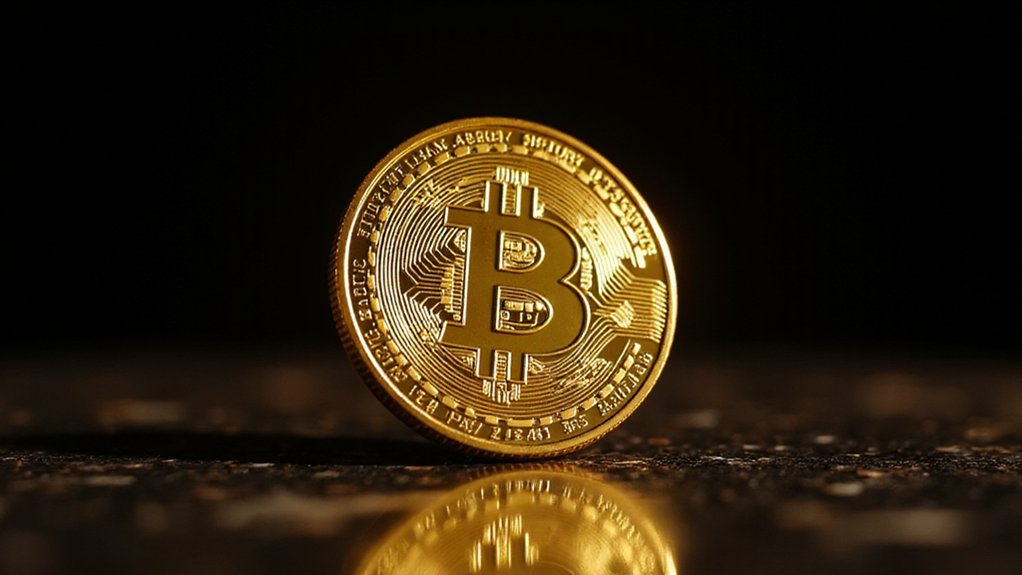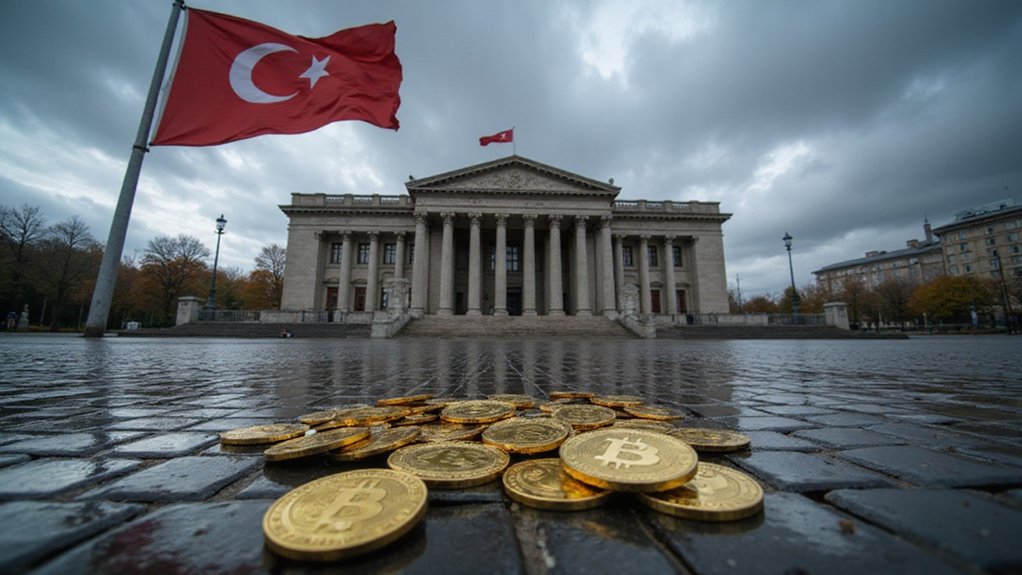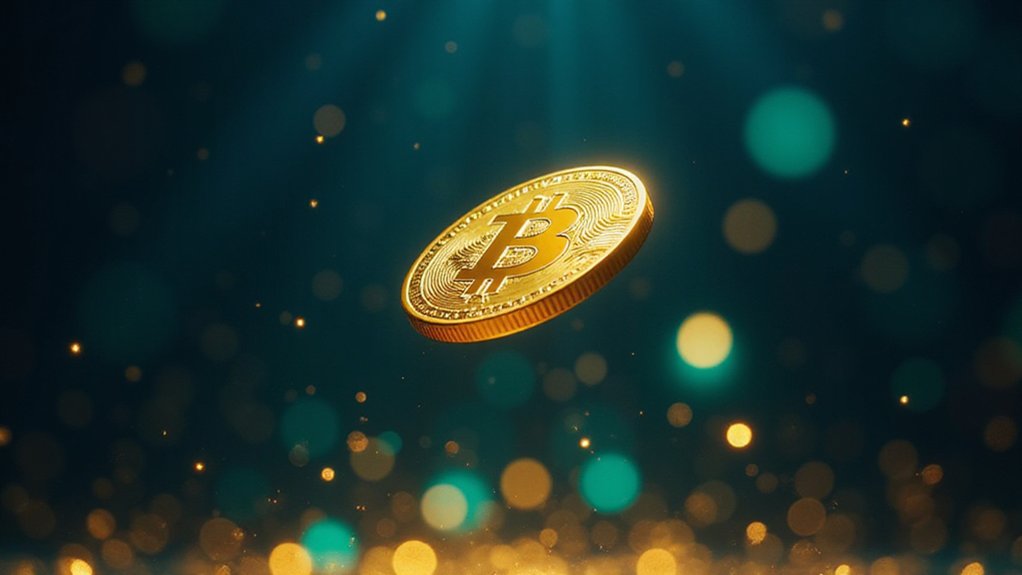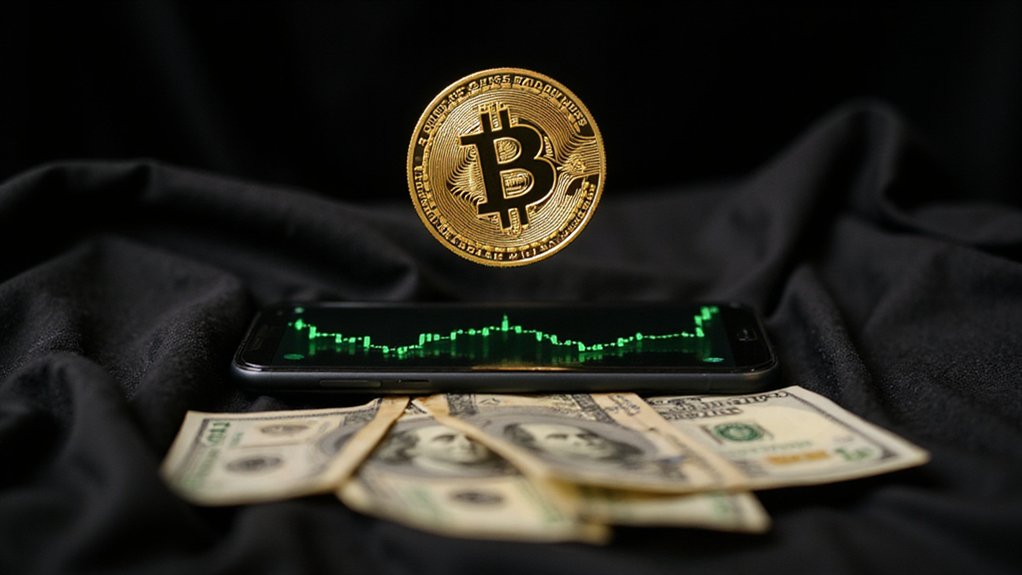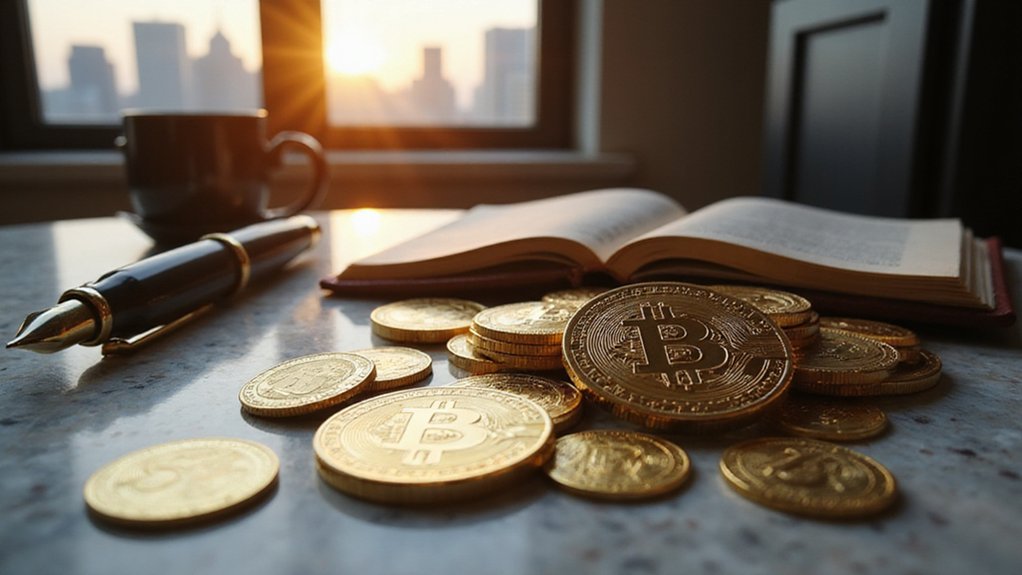In a development that would make even seasoned crypto observers pause to recalibrate their cynicism meters, World Liberty Financial has executed what can only be described as a spectacular about-face regarding its WLFI token‘s fundamental characteristics. The project initially declared its tokens non-transferable and non-tradable—a position one might charitably describe as quaint in an ecosystem where liquidity equals legitimacy.
This reversal, announced via social media with the obligatory nod to “community demand,” transforms what was fundamentally digital wallpaper into potentially tradeable assets. The timing proves particularly intriguing given the project’s substantial Trump family connections, with DT Marks DEFI LLC claiming roughly 60% equity in WLF Holdco LLC, which fully owns World Liberty Financial’s Delaware-based operations.
The numbers paint an interesting picture: 100 billion total token supply, with 25 billion already distributed through public sales generating approximately $550 million. Trump-associated entities collectively hold about 22.5 billion tokens, while DT Marks DEFI LLC stands to receive 75% of token sale proceeds after deductions—a arrangement that makes the transferability decision considerably more consequential for certain stakeholders.
Eric Trump’s management board position at WLF Holdco LLC represents the family’s direct operational involvement, though other Trump family members maintain arm’s-length relationships with day-to-day management. The governance implications of transferability cannot be understated; circulating voting power becomes genuinely fluid when tokens can change hands through secondary markets.
World Liberty’s broader ecosystem includes USD1, a stablecoin backed by short-term Treasury assets and cash equivalents, positioning the project within emerging regulatory frameworks. Co-founder Zak Folkman recently revealed corporate interest in WLFI for treasury integration—discussions that presumably became more compelling once transferability entered the equation.
The platform’s new mobile application and upcoming USD1 attestation report suggest continued development momentum. The transferability shift enables peer-to-peer trading capabilities that align with decentralized finance infrastructure, potentially expanding WLFI’s utility within broader DeFi protocols. The transferability shift occurs amid heightened scrutiny of World Liberty’s foreign investments, including a $30 million commitment from Chinese billionaire Justin Sun and a $2 billion investment from an Abu Dhabi government-associated firm. However, the fundamental pivot from non-tradeable governance tokens to potentially liquid assets represents strategic adaptation that raises questions about initial design philosophy. Whether this represents shrewd market responsiveness or acknowledgment of an initially flawed premise remains to be determined by secondary market reception.
